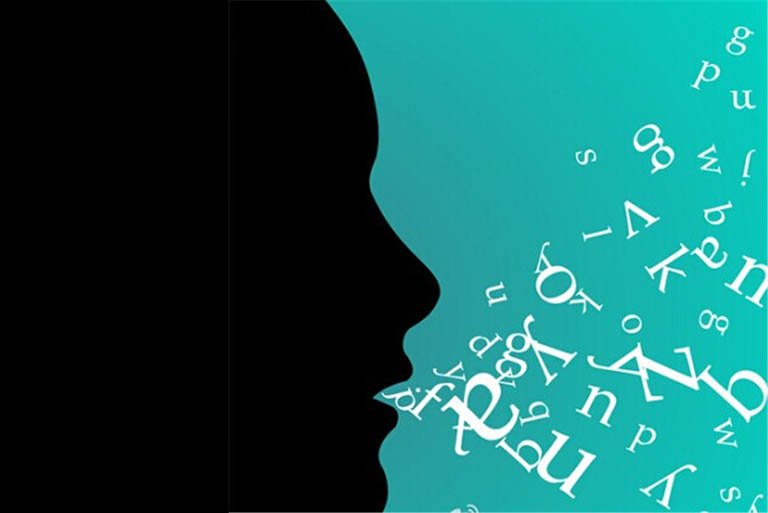Learning to pronounce the language in a clear way is a very important learning goal.
Clear pronunciation will help you to be better understood by native speakers, and they will also appreciate your efforts. Like other aspects of language knowledge, it is helped if there is the opportunity to listen to the language (meaning-focused input), to speak (meaning-focused output), to study aspects of pronunciation (language-focused learning), and to get fluent in listening to and speaking about easy familiar topics (fluency development). Young children seem to have little need for language-focused learning to develop their pronunciation of another language, and rely on the three meaning-focused strands.
Older learners are much less likely to develop a native-like pronunciation, although some do. Most older learners may need to be satisfied with a comprehensible accented pronunciation, although extra effort can result in improvement. For older learners, the quality of their pronunciation is likely to depend on their opportunities to use the language, and the amount of time and effort they spend on the deliberate study of pronunciation.
The deliberate study of pronunciation should involve first of all finding out what the difficult sounds are. This will largely depend on the differences between your first language and the language you are learning. Secondly, the individual sounds that are difficult should be studied and practised in simple syllables. The study of how sounds are made is called articulatory phonetics. For example, for learners of English, the sound at the beginning of the, this, there, and that is often a problem. Knowing whether it is voiced or voiceless, whether it is a stop or fricative, and what parts of the mouth are used to make the sound can help in learning to pronounce the sound. The sound in the is a voiced (using your vocal cords), fricative (using top teeth and tip of the tongue).
Once a difficult sound can be made in an isolated syllable, it needs to be practised in the most common words that it appears in, and should be also practised in phrases and short sentences. It is not a good idea to practice such sounds in tongue twisters as these are often too difficult even for native speakers.
A well-informed teacher is particularly helpful when learning individual sounds. Practice in words and phrases can be done using a computer-based audio editor which can slow speech down. The freely available program Audacity is a good choice. Also, repeatedly imitating clips from movies can help with pronunciation.
It is worth spending time on pronunciation early in the learning of a language because later remedial work on pronunciation requires much more effort.
This article has been provided by Christian Lingua.
